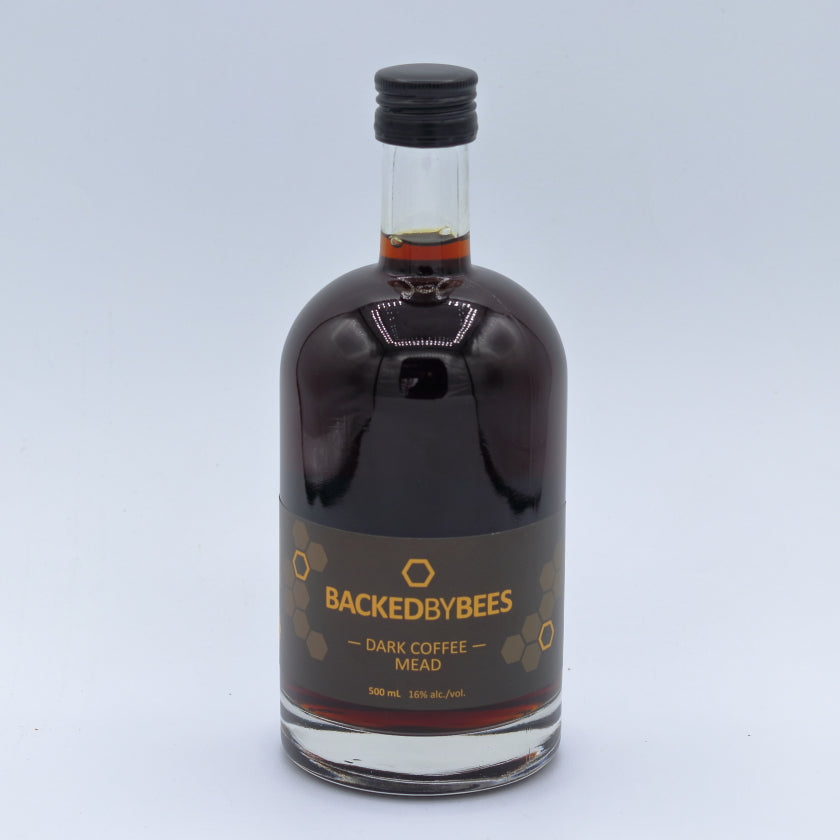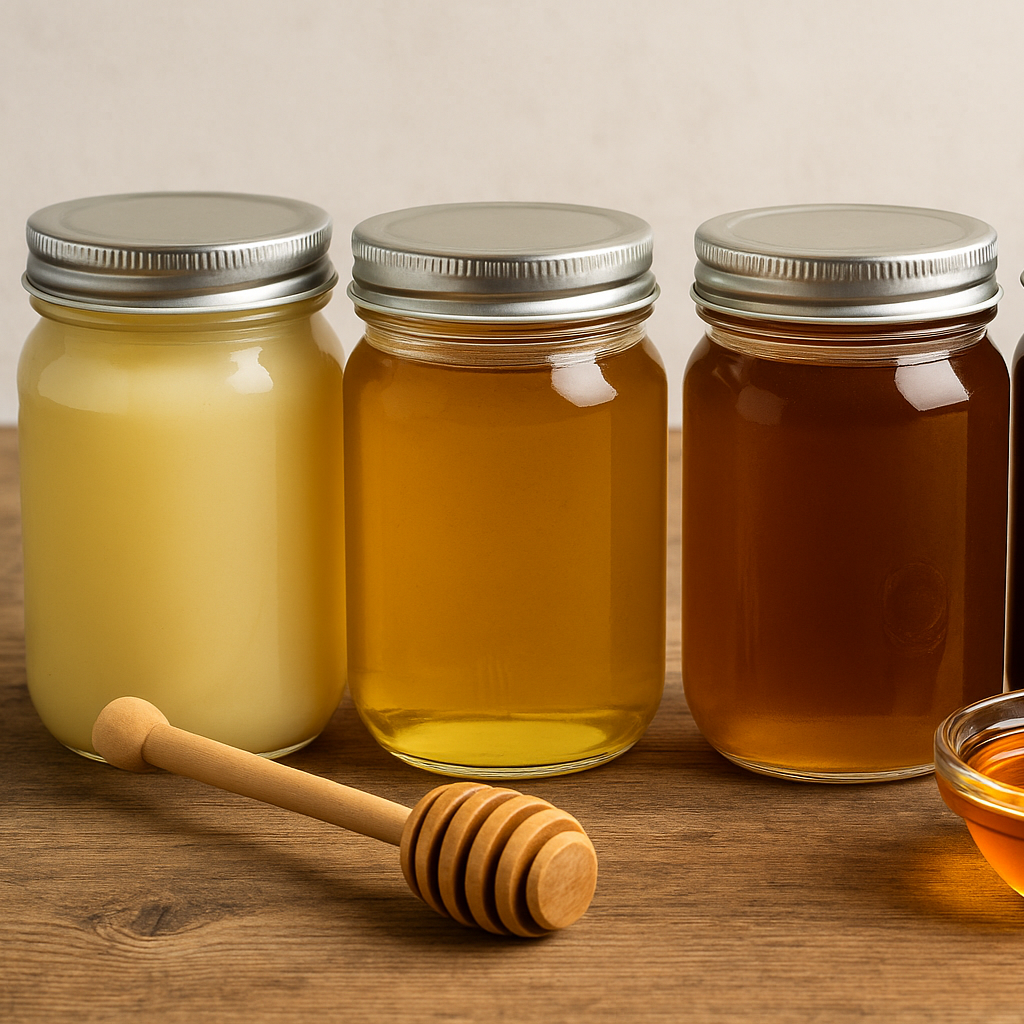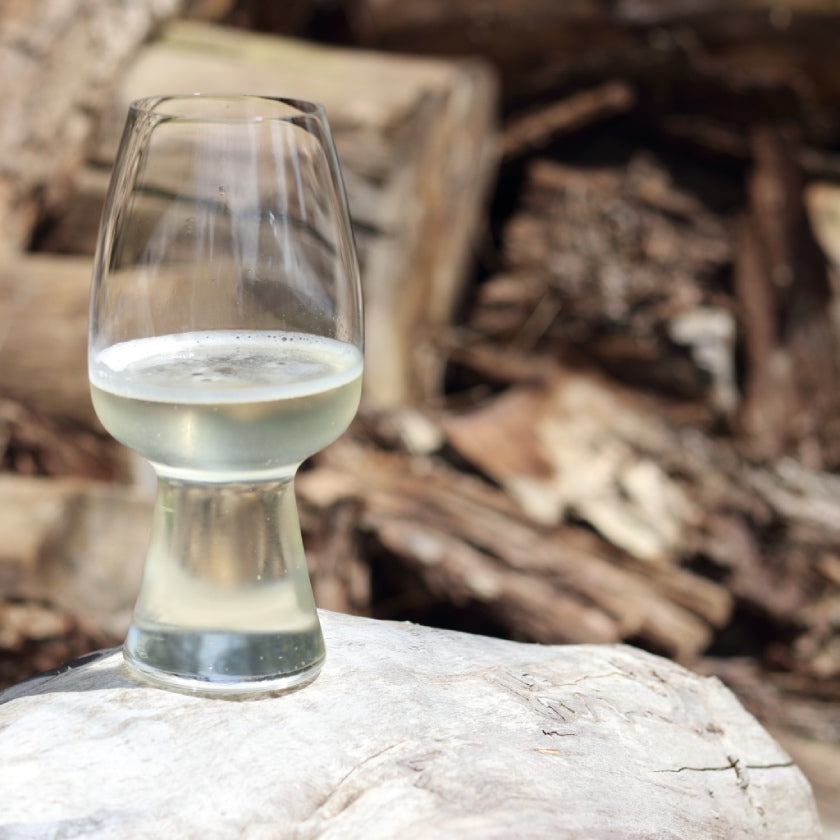Your Cart is Empty
Mead, the golden elixir of the gods, is more than just a drink, it’s a conversation starter, a cultural throwback, and a delicious gateway to the world of honey wines.
Mead, the world’s oldest fermented beverage, is often called the “golden elixir.” But beyond sipping it neat, the magic of mead shines brightest when paired with the right foods and occasions.
For centuries, mead has been revered not just as a beverage of celebration, but as a potion of vitality. Often referred to as the “nectar of the gods,” mead’s history is steeped in medicinal lore, whispered wisdom, and now, renewed curiosity.
Mead—honey wine with roots across Europe, Africa, and Asia—is as diverse as the cultures that brew it.
“The Mead Renaissance” explores the dynamic transformation of honey wine into a modern craft beverage.
The Golden Elixir – All About Honey Wine. Today, we delve into the intricate relationship between honey and mead, exploring how different honeys shape the flavour profile of this ancient beverage.
If you’ve ever tasted mead and wondered how hard it would be to make it yourself—good news: DIY mead making is a lot easier than it sounds.
Mead, also known as honey wine, is a timeless beverage with a rich history spanning thousands of years.







